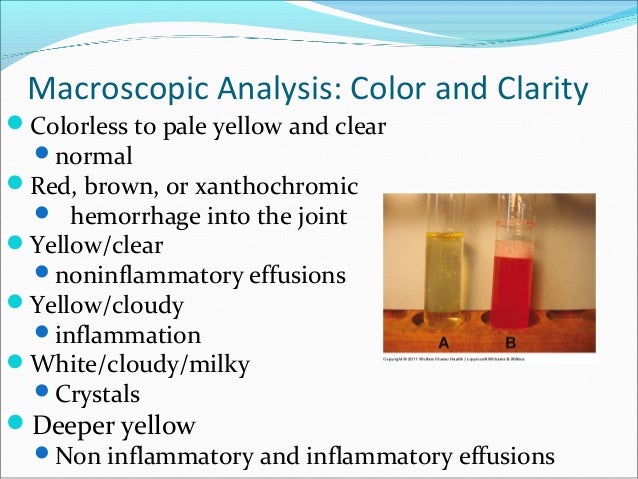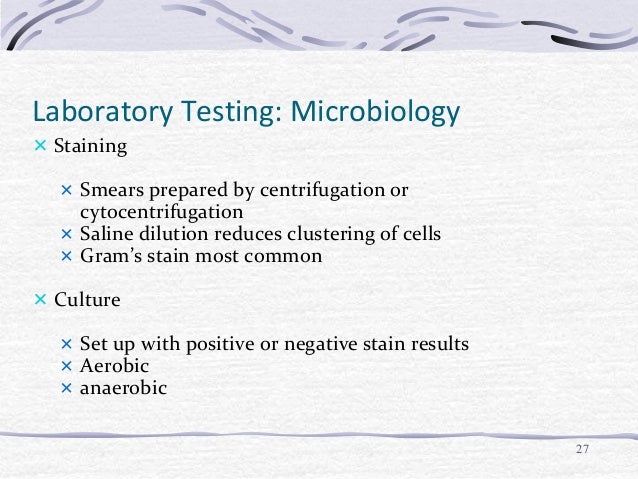

Learn more about A.D.A.M.'s editorial policy, editorial process and privacy policy. is among the first to achieve this important distinction for online health information and services. follows rigorous standards of quality and accountability. is accredited by URAC, also known as the American Accreditation HealthCare Commission (URAC's accreditation program is an independent audit to verify that A.D.A.M. Timing and frequency of lab tests may vary if they are performed for professional or legal reasons.Ī.D.A.M., Inc. Certain tests may be repeated to obtain a series of results, or tests may need to be repeated to confirm or disprove results. Conditions that worsen and improve may also need frequent monitoring. Chronic or progressive conditions may need ongoing monitoring through the use of lab tests. The age or gender of the person being tested may affect when and how often a lab test is required. Timing of tests may be based on increased and decreased levels of medications, drugs or other substances in the body. If you have prepared for a test by changing your food or fluid intake, lab tests may be timed in accordance with those changes. A test may be suggested or become necessary when certain signs or symptoms appear.ĭue to changes in the way your body naturally functions through the course of a day, lab tests may need to be performed at a certain time of day. Lab tests may be performed immediately in an emergency, or tests may be delayed as a condition is treated or monitored. The timing of laboratory tests may rely on the results or completion of other tests, procedures, or treatments. When and how often laboratory tests are done may depend on many factors. Immunoglobulins: Approximately half of plasma concentration.Lactate dehydrogenase: Uric acid: Identical to plasma concentration.Glucose: Approximately same as plasma concentration (3.3-5.3 mmol/L).Neutrophilic granulocytes: Approximately 10% (Monocytes/macrophages: Approximately 60%.Hyaluronate content: 3-4 g/L, decreases with age.

Characteristics of Normal Synovial Fluid :.The following are considered to be normal results for this test: Contact your healthcare worker if you have any questions. If your results are different from the results suggested below, this may not mean that you have a disease. Laboratory test results may vary depending on your age, gender, health history, the method used for the test, and many other factors.


 0 kommentar(er)
0 kommentar(er)
